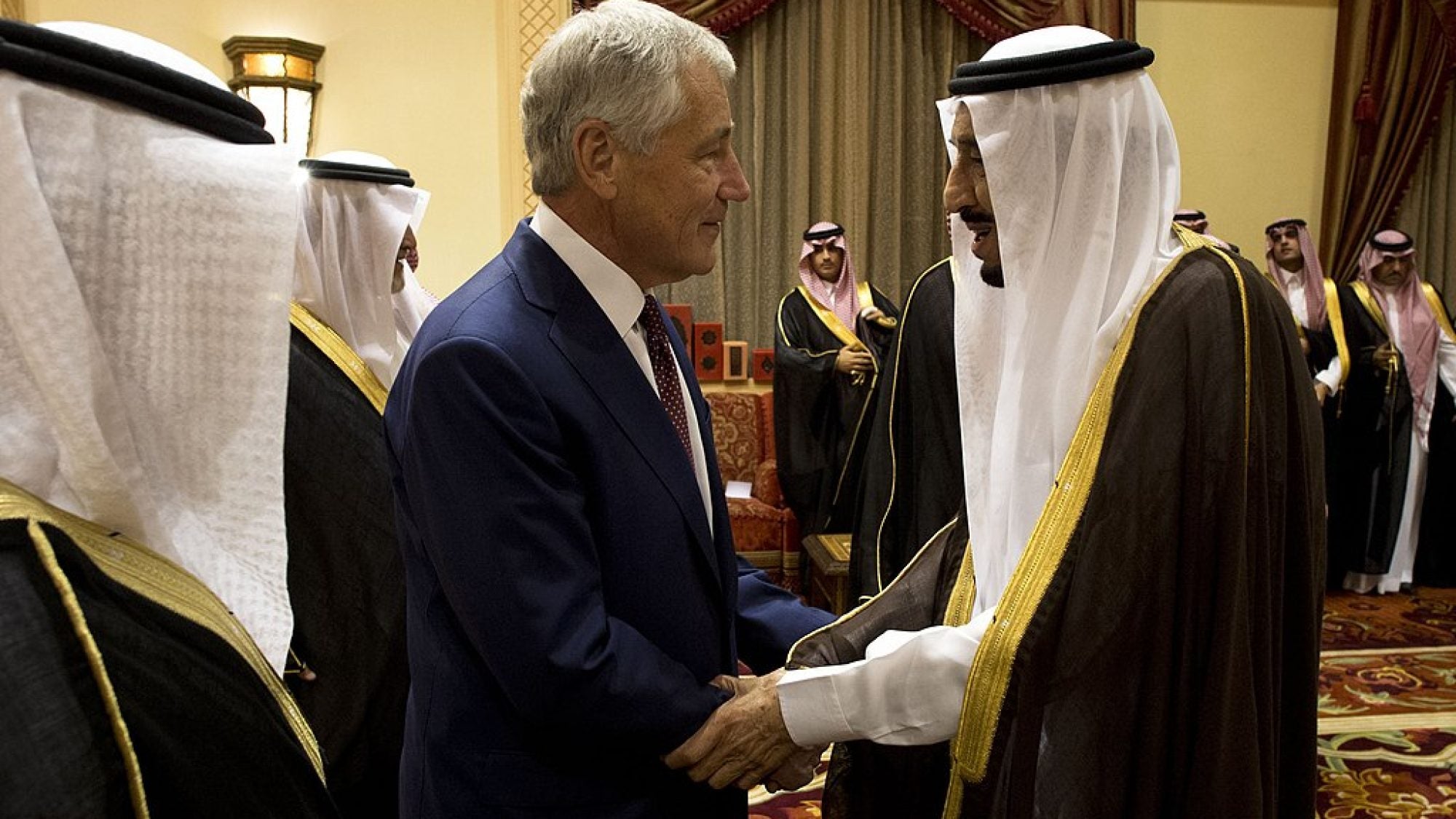As revolution swept across the Arab world beginning in early 2011, the monarchies of the Gulf Cooperation Council (GCC) appeared largely immune. In Bahrain, the only GCC country where mass protests did erupt, the government suppressed them violently with the political and military support of neighboring GCC countries. This crackdown was a leading exhibit in what observers termed the “counterrevolution.”
Yet to think of the Gulf states as immune to unrest ignores the internal challenges that have been inspired by the Arab Spring over the past two years. Although these challenges differed from country to country, three trends broadly hold: they represent an intensification of trends that predated the Arab Spring; except in Bahrain, they have not evolved into broad-based movements that question regime legitimacy; and no regime has chosen to open up meaningful new institutional political space in response.
The United States has been criticized for hypocrisy in the wake of the Arab uprisings because it maintains strong alliances with the Gulf monarchies even as it supports democratic transitions elsewhere. However, the United States should not push strongly for systemic political reform across these countries in the absence of broad social mobilization. A more targeted and softer approach, adjusted to the internal dynamics in each country, is the right course. (purchase article…)
David Galbraith is a fellow at the Institute for the Study of Diplomacy at Georgetown University and a member of the U.S. Foreign Service. He recently served as Director for Gulf States on the National Security Staff. The analysis and views offered in this article are the author’s own and do not represent the views of the Department of State, the National Security Staff, or the United States government.
Image Credit: Secretary of Defense, Public domain, via Wikimedia Commons
This is an archived article. While every effort is made to conserve hyperlinks and information, GJIA’s archived content sources online content between 2011 – 2019 which may no longer be accessible or correct.

